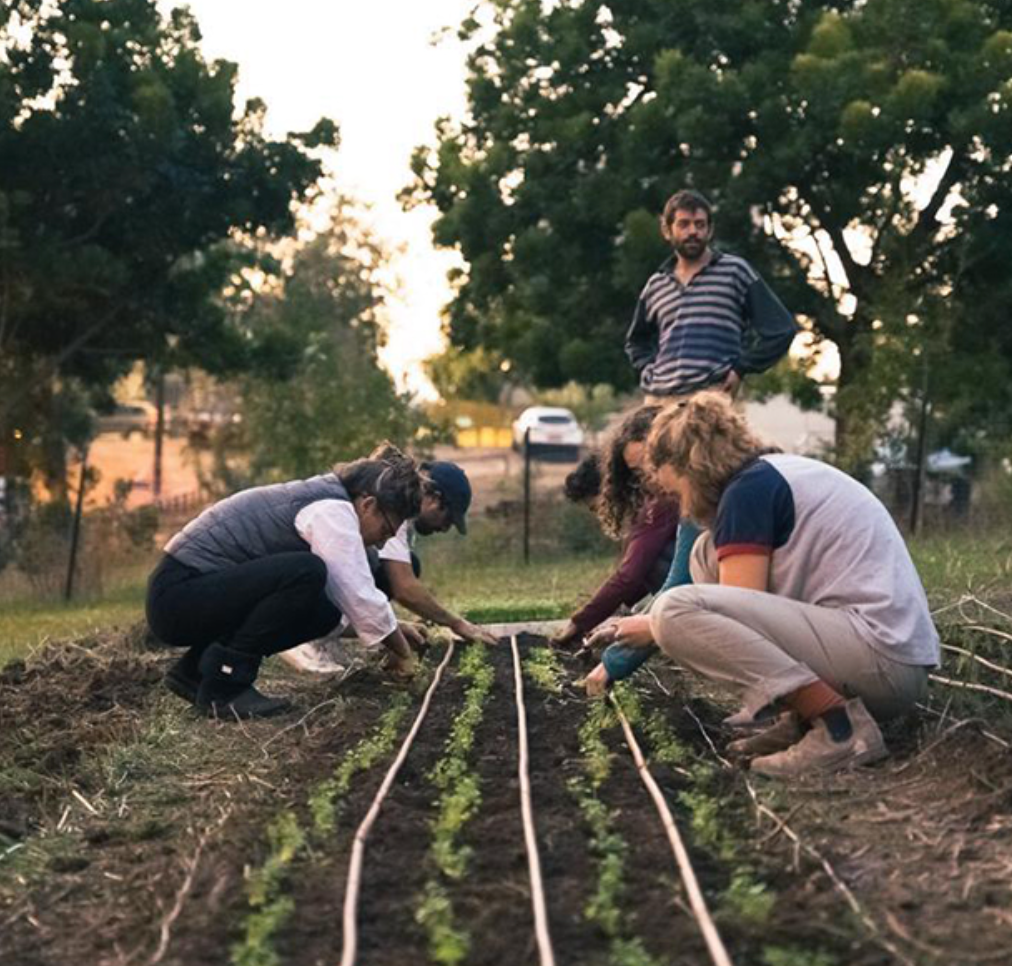Inflation often sounds like a bad thing, making young people worried that the future looks bleak as travel, food and restaurants become more expensive. But inflation can help individuals make more eco-friendly choices in various ways:
Solar Panels: Rising energy costs due to inflation can motivate people to invest in solar panels for their homes. With inflation driving up electricity bills, harnessing solar energy becomes a cost-effective and environmentally friendly alternative. Plus, it reduces reliance on fossil fuels, cutting down carbon emissions.
Cooking at Home: As dining out becomes more expensive due to inflation, people may opt to cook at home more often. This not only saves money but also reduces the carbon footprint associated with the production and transportation of restaurant meals. By using locally sourced ingredients, individuals further contribute to sustainability by supporting local farmers and reducing emissions from food transportation.

Growing a Garden: Inflation-driven price hikes on fresh produce can inspire individuals to grow their own fruits and vegetables. Cultivating a garden at home not only provides access to organic, locally sourced produce but also reduces the need for grocery store trips, cutting down on transportation emissions. Additionally, composting kitchen scraps can further minimize waste and contribute to soil health.

Tel Chubez, a garden share in south Tel Aviv. Residents create coupons for contributing to the garden is areas such as composting and can redeem them for fresh food.
Tiny Homes: Escalating housing costs due to inflation can prompt people to consider downsizing to tiny homes or opting for more sustainable housing alternatives. Tiny homes require fewer resources to build and maintain, leading to reduced energy consumption and lower carbon emissions. Moreover, their smaller footprint encourages minimalist living and less material consumption.

A tiny home in nature
Spending Less: Inflation often leads to tighter budgets, prompting individuals to adopt more frugal lifestyles. This can translate into conscious consumption habits, such as buying fewer disposable products and investing in higher-quality, longer-lasting items. By reducing overall consumption, people lessen their environmental impact by generating less waste and consuming fewer resources.

Buy things that last. Reupholster furniture.
Inflation can indirectly promote eco-friendly behavior by encouraging individuals to seek alternative, sustainable solutions to mitigate rising costs. From harnessing renewable energy to embracing self-sufficiency through gardening and minimalism, economic pressures can spur environmentally conscious choices that benefit both individuals and the planet.



